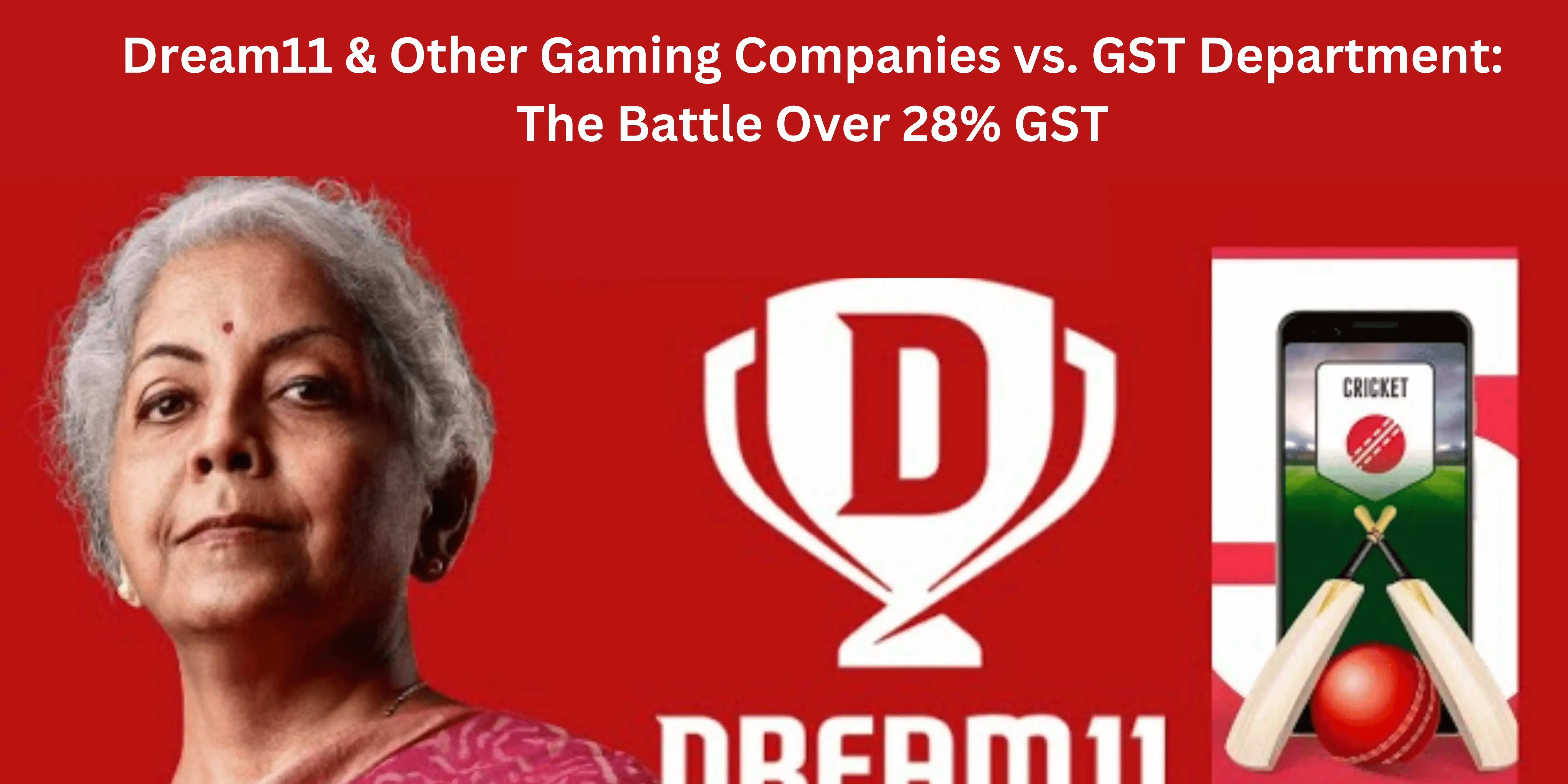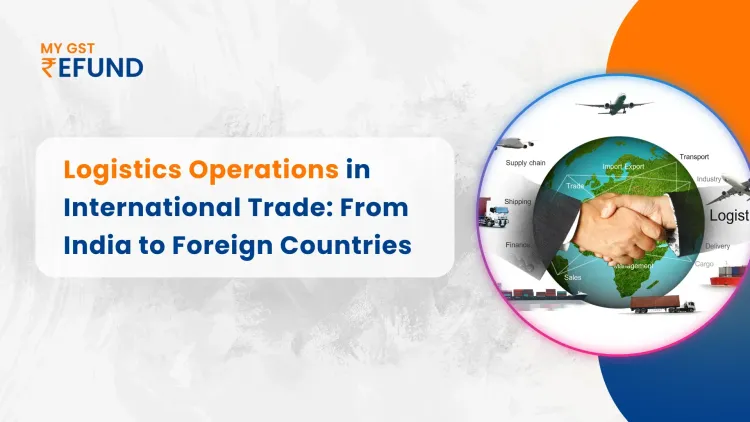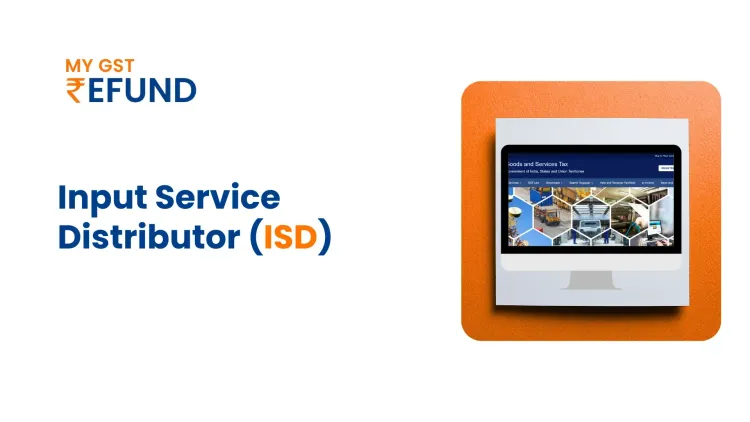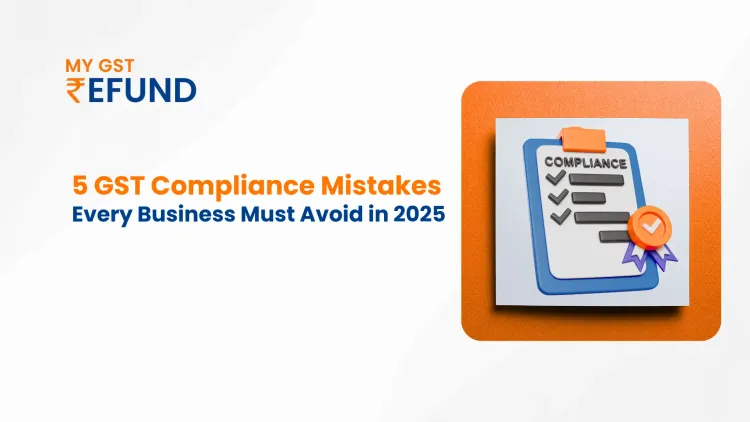Dream11 & Other Gaming Companies vs. GST Department: The Battle Over 28% GST
Published on: Tue Oct 03 2023
Introduction
The world of online gaming in India has seen tremendous growth in recent times. Online real money gaming companies like Dream 11, Mobile Premier League (MPL), Rummy Circle, etc has gained immense popularity, allowing users to engage in fantasy sports and win real money. However this sector has recently been embroiled in a legal battle with the GST department of India over imposition of 28% GST on online real money gaming companies and its retrospective impact on the industries.
Background
The Goods and Services Tax (GST) was introduced in India on July 1, 2017, with the aim of simplifying complex tax structure of the country. The GST Council, comprising representatives from both the central and state governments, meets periodically to discuss and decide on tax rates for various goods and services. One such decision that garnered significant attention was the imposition of a 28% GST on online gaming platforms like Dream11.
GST Council in its 50th GST Council Meeting which was headed by Union Finance Minister Nirmala Sitharaman decided to impose a tax of 28% on the turnover of online gaming company, casinos, horse racing, etc. The main issue before the officials was whether to impose tax on the entire face value of bets or gross gaming revenue or on the platform fees. Sitharaman said the tax will be levied on total entry amount including prize money due to which there is a commotion among the entire gaming companies.
Officials Weigh In: Diverse Opinions on the Dream11 & GST Battle
Various officials believe that this decision of government will wipe out the entire gaming industry which leads to lakhs of job losses, ultimately lead to unemployment in the country.
According to Roland Landers, CEO of All India Gaming Federation (AIGF), the decision taken by GST Council is unconstitutional, irrational and atrocious. “The decision ignores over 60 years of settled legal jurisprudence and lumps online gaming with gambling activities.”
This decision of GST Council negates all the good work of the government for this industry. “Today's decision at the GST Council is not in national interest as it will destroy a significant portion of the successful companies in India's startup ecosystem. Unfortunately, it also appears to show that the different limbs of the government are not in sync” said by Amrit Kiran Singh, chief strategy advisor to the founders of the skill-gaming firm Gameskraft.
Read Also: Supreme Court stays Rs 21,000 cr GST notice to Gameskraft
Earlier company has to pay tax of 18% on Gross Revenue i.e if someone plays a game of Rs 10,000 and company has a cut of 10%, then it has to pay the tax of Rs 180 i.e 18% of 1,000, but now with the new rules, it has to pay the tax on entire amount of Rs 10,000 i.e Rs 1800 which around 10 times of earlier.
Games 24*7 co-founder Bhavin Pandya said that tax on Contest Entry Amount (CEA) instead of Gross Gaming Revenue (GMR) will lead to unrealistic tax burden on the company and the customers too. He also argued that this decision contradicts the government’s previous decision to promote a healthy domestic online gaming sector as mentioned in the MeitY’s online gaming rules and Finance Bill 2023 Amendments to the Income Tax Act.
Retrospective Taxation: A Controversial Move
One of the key issues in this conflict is the concept of retrospective taxation which means imposing tax on income or transactions that occurred in the past at present rate, often resulted in unexpected tax burdens for taxpayers.
In this case, the GST department’s decisions to impose a 28% GST rate on online gaming platforms was applied retrospectively, affecting transactions that had taken place before the decision was made.
Directorate General of GST Intelligence(DGGI) has sent out a dozen of pre-show cause notices to online real money gaming companies over GST tax dues of about Rs 55,000 crore. This include a GST notice of Rs 25,000 crore, Rs 20,000 crore to fantasy sports platform Dream 11 and Play Games 24*7 respectively in response to which Dream 11 has moved to Bombay High Court.
This retrospective nature can discourage foreign and domestic investments as it erodes the trust in the stability of tax regime. It also creates uncertainty for businesses and investors as it is difficult to predict future tax liability accurately.
Read Also: Dream 11 challenges Rs 18,000 crore GST notices
Challenges to be faced by Gaming Companies
The imposition of 28% GST on online gaming platform posed several challenges for this industry which are as follows:
- Tax Burden: The high GST rate will lead to tax burdens on these companies due to which their majority of the revenue will drain into tax, which could impact their profitability and expansion plans.
- Legal Battle: Several gaming companies, including Dream11, decided to challenge the GST department's decision in court. They contended that online gaming should be treated as a game of skill rather than a game of chance, and thus, it should be subject to a lower tax rate.
- User Impact: The increased tax rate could deter users from participating in online gaming platforms, as they would have to pay higher entry fees and taxes on their winnings.
Conclusion
The ongoing conflict between Dream11 and other gaming companies and the GST department highlights the complexities of taxation in the digital age. The imposition of a 28% GST rate on online gaming platforms has raised questions about fairness, industry growth, and the use of retrospective taxation.
While retrospective taxation can serve as a tool for revenue generation and correction of tax-related issues, its application should be carefully considered. It must strike a balance between revenue needs and the stability of the business and investment climate.
Ultimately, the resolution of this dispute will have far-reaching implications for the online gaming industry in India and may set precedents for the taxation of emerging sectors in the future. It remains to be seen how the courts and policymakers will navigate this contentious issue and whether they will find a middle ground that ensures both tax compliance and industry growth.
Do you also have pending GST notices to Reply? If yes connect with our Expert law team of experienced professionals.
Related Posts





